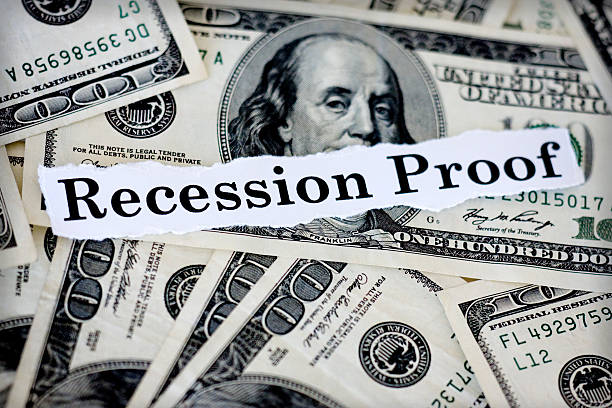Why Most Startups Fail (And What the Smart Ones Do Differently)
Starting a business these days is incredibly challenging and exciting. You have the idea, the inspiration, maybe even a little money saved up. But then comes the harsh truth: most startups fail. That’s not just a myth, it’s backed by statistics. More than 90% of startups don’t make it in the first few years. It’s brutal. But the good news is, some do, and they often share the same smart habits.
So, why do so many fail? And what do winners do differently?
The Most Common Reasons Startups Crash
1. No Real Market Need
You can build the coolest product in the world, but if no one really needs it, it won’t sell.
Many founders get caught up in an idea they love, but they never stop to ask: “Does this solve a real problem?”
Smart founders talk to users first. They listen. They ask questions. They don’t assume the world wants their product, they prove it. To be a good founder, be a good listener.
2. Running Out of Money
Startups often run out of money before they have a chance to grow. Why? They spend too fast. Or they don’t raise enough funds. Or they waste money on things that don’t matter.
Smart startups? They make the most of every dollar. They focus on what moves the needle. They build lean, test small, and only grow when it makes sense.
3. The Wrong Team
A great idea can’t survive on a bad team. Founders who don’t work well with others, or whose teams lack key skills, usually crash early.
Smart startups work slowly and quickly. They build teams with diverse strengths, not just friends or “yes” people. They communicate clearly even when things get tough.
Your team should have “hunger,” a hunger to get up after every fall, a hunger to succeed.
4. Poor Marketing
You can’t sell something people don’t know about. Many startups build a product, put it online, and wait for the magic to happen.
The sad truth is, that doesn’t happen.
Smart startups market from day one. They build an audience early. They use social media, content, influencers, whatever works to attract attention and gain trust.
5. Refusing to Pivot
Sometimes, the first idea doesn’t work. That’s normal. But some founders get stuck, refusing to change direction.
Smart people pivot. They pay attention to what users are saying, and they’re not afraid to focus. Today, some of the biggest companies like Twitter, Slack, and Instagram started a little differently.
What The Smart Startups Do Differently

Now let’s look at the other side: the winners. The few that rise above the noise. Here’s what they’re doing.
1. They Obsess Over the Customer
Great startups don’t build what they want they build what people want.
They constantly talk to users.
They read every review.
They test every feature before they launch.
“If you really want to start, go where we don’t even start.” This “customer first, ego later” mentality makes all the difference.
2. They Launch Before They’re Ready
Smart founders know that perfection is the enemy of progress. They don’t waste a year building something that no one uses. They build a minimum viable version (MVP), launch it, and get feedback quickly. Then they refine it based on what users say.
3. They Focus on One Problem
The best startups solve one thing and solve it really well that no one has ever solved before.
They don’t try to be everything at once. They avoid feature bloat. They don’t say anything more than yes. That clarity helps them grow quickly and stand out in a crowded market.
4. They Track the Right Metrics
Smart startups don’t just chase likes or website visits. They pay attention to these things:
- Customer retention
- Cost per acquisition
- Lifetime value
- Product engagement
These numbers tell the real story. And if something goes wrong, they fix it quickly.
5. They Build Community, Not Just Customers
Winning startups know that loyal users don’t just buy they promote.
They turn their users into fans. They build online communities. They respond to comments. They create content that engages.
When you build trust, users stick with you and tell others to do the same.
Recommended to Read: The New Rules of Branding: Why Being ‘Authentic’ Isn’t Optional Anymore
Failure Isn’t the End (If You Learn From It)
Smart startups fail too. Sometimes the timing is wrong. Sometimes the market changes. Sometimes luck plays a role.
But here’s the key: The best founders learn from failure. They don’t treat it like the end. They treat it like school. Every failed attempt teaches them what to do better next time. And most successful entrepreneurs have stories of startups that didn’t work before they did.
Conclusion
There is no secret formula for startup success. But there are some examples. And if you look at those who made it, you will see that it is not luck or talent, it is smart moves, clear focus and constant learning.
So if you are starting something today, keep this in mind:
- Solve a real problem
- Talk to your customers
- Move fast, but think smart
- Don’t be afraid of change
- And above all stay curious, stay humble, stay in the game
Because sometimes, the only difference between a failed startup and a successful one is that the founder doesn’t give up.







